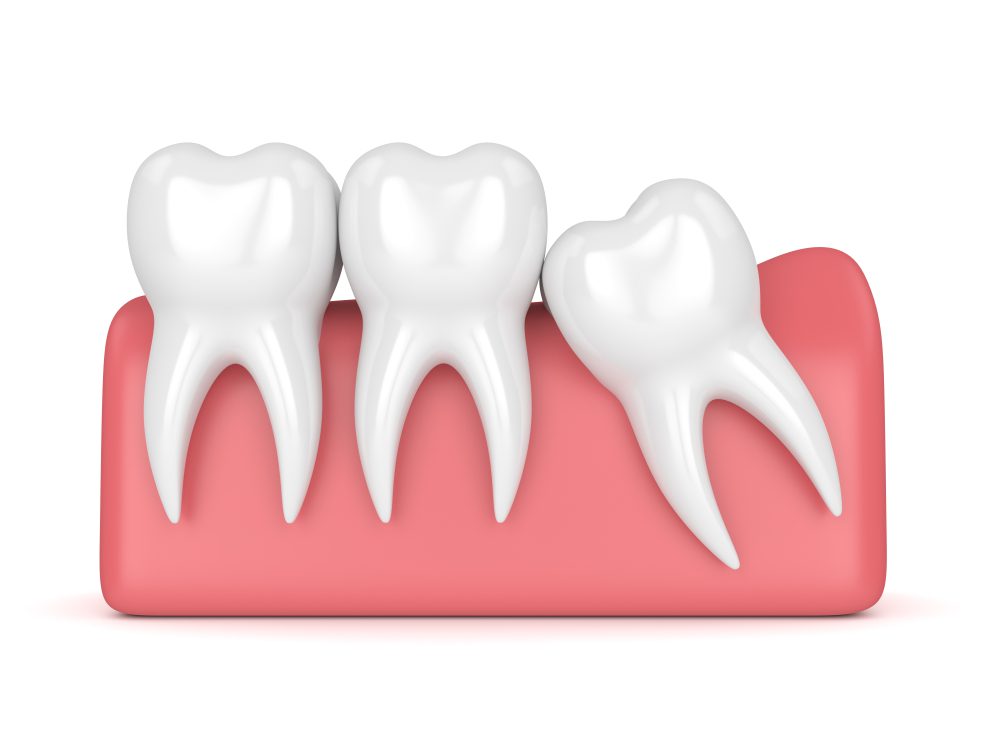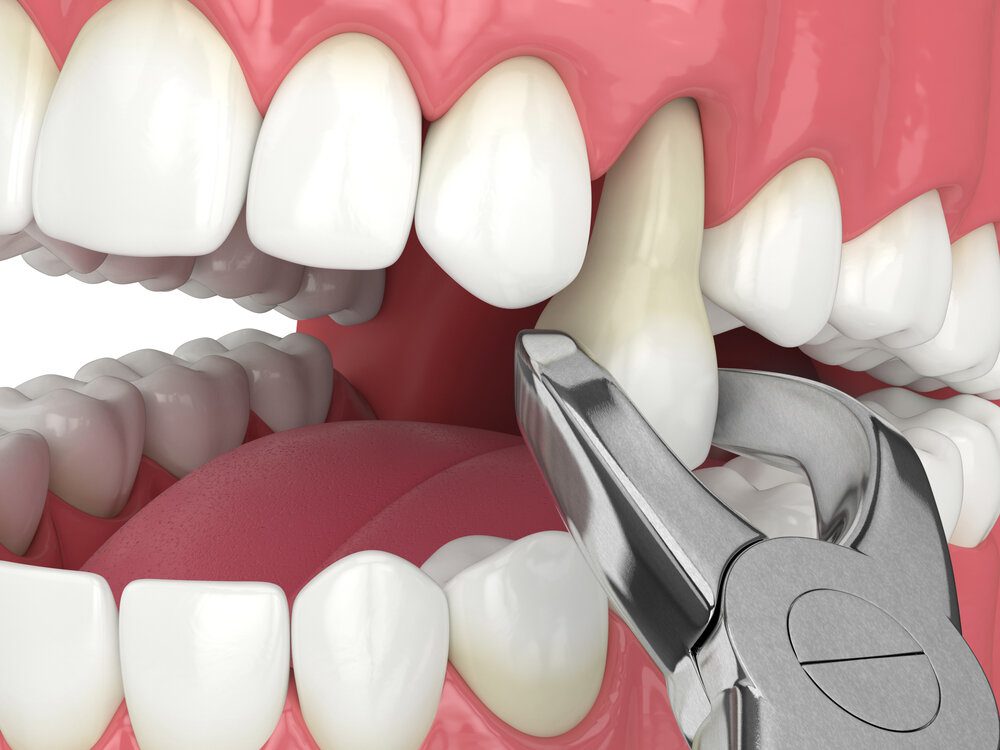Schedule Your Free Consultation for Emergency Dental Extractions and Wisdom Tooth Removal!
Same Day Surgeries Are Available Upon Schedule Review!
But There's More We'd Like To Give You...
Bonus 1: Complimentary 3D Scan (Value $300)
Bonus 2: Complimentary ‘Smile of Your Dreams’ Treatment Plan ( Value$497)
Bonus 3: Complimentary Sit Down With Our Dental Implants Surgeon for Any Dental Implant Needs (Value $497)
All For Free, Today! Schedule Your Consultation By Contacting Us Below.
Wisdom Tooth Extraction
Your wisdom teeth are the last four of the large grinding teeth (molars) at the back of your mouth to come through. You’re likely to have them by the time you reach your mid-twenties, though some people find they come through earlier or later than this.
Sometimes, your wisdom teeth don’t come through properly, meaning they’re impacted. This can cause problems such as pain, swelling and infection. Having your wisdom teeth taken out can ease these symptoms.
If you’re having your wisdom teeth removed at our office, you’ll have it done under local anaesthesia or IV Sedation, it is your choice.


A Regular or Routine Tooth Removal
Regular or routine tooth extraction happens when the tooth doesn’t require an extensive procedure; typically valid for most of our front teeth.
The routine tooth extraction procedure only lasts a few minutes. After the Dr. Charles completes the diagnosis, he will first apply topical sedation to numb the area of the tooth. To complete the extraction, the dentist will push the tooth slightly, releasing it from the bone and then pull it out.
The procedure is painless and recovery time relatively quick, with most patients never experiencing discomfort.
Aftercare for Tooth Removal
Your gum may bleed for a few minutes after you have your tooth taken out. Your dentist will give you a piece of soft padding to bite on to stop the bleeding and you’ll be able to go home once it’s stopped.
Before you go home, your dentist or surgeon will give you advice about looking after your teeth and gums. They may recommend painkillers and an antibacterial mouthwash. They might also prescribe you some antibiotics to reduce your chances of developing an infection.
If you have had a general anaesthetic or sedative, you’ll need to rest until the effects of the anaesthetic or sedative have worn off. Ask a friend or family member to take you home and ask them to stay with you for a day or so while the anaesthetic wears off.
You don’t always need a follow-up appointment after you’ve had a tooth removed. But if you had a complicated procedure, you might need to go back to see your dentist so they can check how you’re healing. You’ll be given a date for this while you’re in practice.

Patient Testimonials
Meet Your Doctor
Dr. Charles DDS, MS, MSD initially studied Dentistry in his native country of Haiti, acquiring his doctorate in 1999.
The new millennium brought him to the United States where he continued his studies acquiring advanced dental training at the New York University College of Dentistry (NYU), The State University of New York, at Buffalo (UB), and the University of Rochester Eastman Institute for Oral Health.
Dr. Charles is proficient in all areas of dentistry and has a strong focus in oral surgery, implant dentistry, and cosmetic dentistry. He also likes to keep up on the latest techniques through continuing education courses and study clubs in order to provide his patients with the most advanced and finest dental care. Dr. Charles specializes in the following dental implant treatments:
- Implant Retained Bridges
- Implant Retained Dentures – OverDentures
- All-On-4™ Treatment



